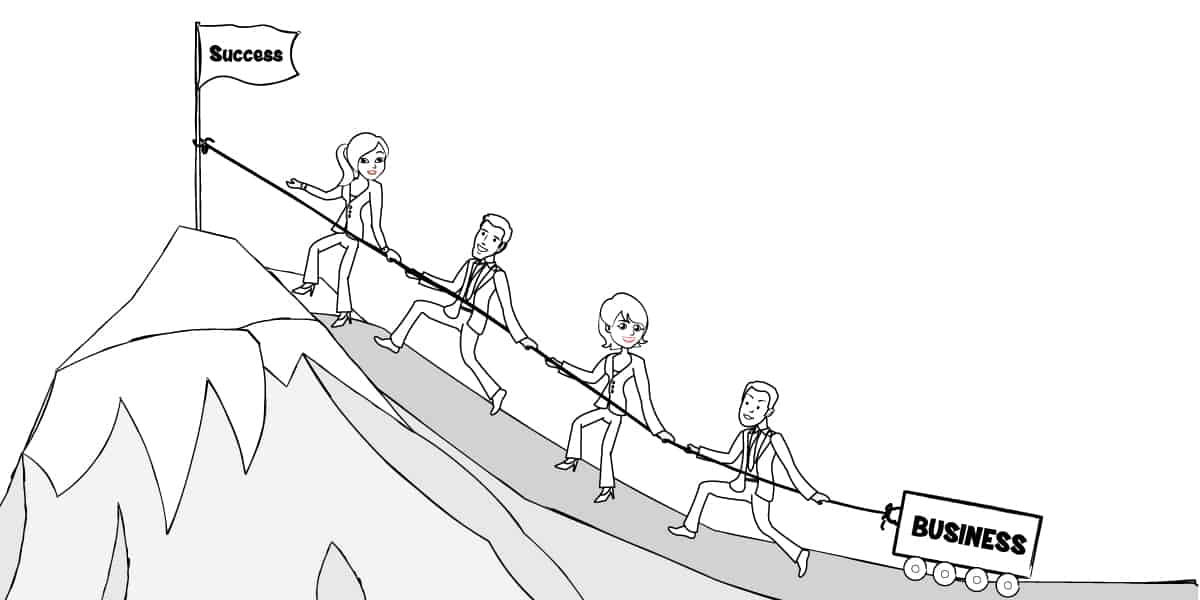The Financial Review has wonderful articles and opinion pieces. A recent story by Anthony Mitchell on how to ‘accelerate your career’ suggested people should focus on their thinking in order to move more effectively into senior leadership roles. He covered the following key aspects:
How you think is the key
A progression to senior leadership typically doesn’t involve you doing more of the same. It doesn’t mean you continue doing what you’ve always done, but just with a bigger team and/or directing more resources. You actually need new skills.
So, if past success and repeating known processes doesn’t necessarily position you for success in a more senior role, what do you need? Anthony Mitchell suggest 2 psychological capacities:
- A growth mindset – not a new concept for people in the education sector; and
- Curiosity and an openness to learning – in such a fast-changing world, you need the ability and agility to learn and then use insight to perform and deliver in a situation you might not have experienced previously.
How do you start down this path? You can use two simple prompts at the end of every day. Ask yourself:
- What is one thing that I’ve learned today?
- How can I use/apply this in my life?
You don’t need to be the holder of all the wisdom
It is vital that you stop thinking of yourself as the person to solve all the problems. To progress to senior leadership you’ll need to collaborate and trust others, rather than trying to be the smartest person in the room. Equip your team to solve their own challenges and to work collaboratively.
How do you start down this path? Practice asking questions, not providing answers. Ask the curious questions. A great question to work into your repertoire is the ‘ONE THING’. For example “What is the ONE THING you could do this week to get the project back on track?”; or “What is the ONE THING that truly matters when you meet with….”
Work on your influencing skills
At more senior levels you cannot be involved in the nitty-gritty of all your areas of responsibility. Mitchell states that at the senior level all you can do is “trust and influence”. Yet how often do we find people who have been a successful manager because they know all the detail of all their team member’s work, who then try to translate this operating style into more senior appointments.
How do you start this move to ‘trust & influence’? Mitchell suggests using the prompt ‘how can we all win?’ to replace the inbuilt ‘how can I win?’ Take time to understand your team and provide opportunities for them to develop; and loosen up your approach. This one is not easy for those of who take pride in our grasp of the detail!
Broaden your scope and look at a bigger picture
At the more senior levels; and to reach the more senior levels; you need to think about the wider organisational needs, not just the needs of your own team. A Head of Department who places the needs of the whole school before his own department’s needs will bring rewards for all. Likewise, a Principal who actively supports the needs of the system rather than only looking at her school will bring benefits to all.
How do you start this broadening of your thinking? Look for opportunities to contribute in a wider arena, be that in a project team or working party; perhaps even a secondment for you. In an age of emails (which create isolation and silo thinking) you can even broaden your outlook by finding reasons to go and talk to people who are not a part of your team. That’s a novel thought isn’t it? I’ve also found that leaders and potential leaders have a good grasp of the organisation’s strategic intentions.
Read related article on Great Leadership by clicking here

